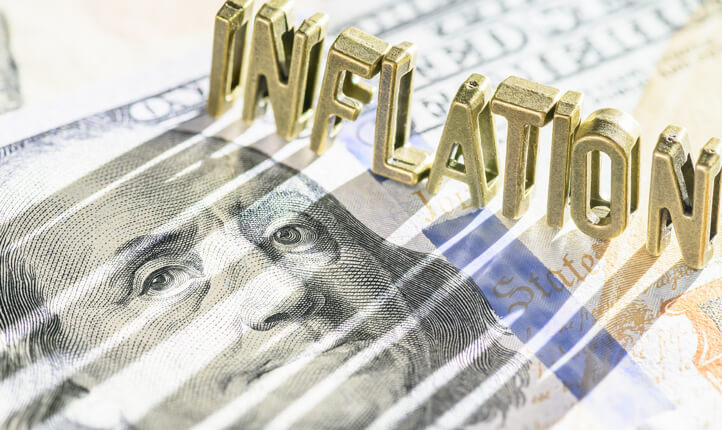By Lauren Buckner
Yesterday saw some much-needed relief for the Pound as we finally saw some movement in an upward direction against both the Euro and the US Dollar following several days of decline. Global stock markets also showed signs of rallying as US inflation data showed a lower-than-expected increase in prices, perhaps showing the first green shoots of a cooling global cost of living crisis.
Having been trading at around 1.14 versus the Pound yesterday morning, we saw the US Dollar weaken to levels of 1.16 plus as investor appetite was sparked, and the US Dollar ‘safe haven’ currency was sold. US inflation data sat at 7.7% versus the expected 8.2% which in turn increases the prospect of a shallower recession next year across the Globe. This also filters through to interest rate expectations, as the pressure on the Federal Reserve to continue to push interest rates higher (currently at 3.75-4% for the US) dissipates slightly as price rises begin to stabilise. Of course, increasing interest rates as prices rise does little to help consumers as their spending power is reduced – typically a way to slow inflation it has become almost counter-intuitive as Global prices rise due to the ripples of the Russian invasion of Ukraine rather than consumer overspending.
If the Fed are less likely to raise interest rates at the predicted pace the same could also be said for the Bank of England. If the Bank of England can avoid raising interest rates to levels of 5%+ over the next year the anticipated recession in the UK could be cut short. Current predictions from the BofE are for the UK to face a “very challenging” economic period and a recession lasting through to mid-2024 and possibly beyond. UK GDP figures released this morning appear to validate the Bank’s belief that the UK is already entering recession with the economy having contracted 0.2% between July and September this year. So far Sterling does not appear to have been impacted by this news amongst the backdrop of yesterdays more positive tone.
Of course, an improved economic sentiment could help Jeremy Hunt with his much anticipated Budget Statement next week. Lower inflation will lead to higher growth as businesses and consumers face less of a squeeze on their spending, but this is likely to be too little to late for Hunt’s current economic plans to be revised. With very little in the way of leaks over the Budget, the anticipation of potential spending cuts and tax rises could see a flurry of movement amongst exchange rates next Thursday, but will it be positive or negative for the Pound?
Looking at forecasts there is a continued theme of Sterling weakness emerging amongst many global banks. Japanese bank MUFG believe that a government approach of tighter monetary and fiscal policy (or austerity as we know it) will weigh heavily on the Pound and they predict moves towards 1.11 by year end. Could Hunt’s statement cause the Pound to be sold off? Our Euro buyers should consider the risks of holding out for better rate, please touch base with us to discuss the options of protecting your costs.



